Calon: A Journey to the Heart of Welsh Rugby
£9.10£10.40 (-13%)
This paperback edition has been fully updated to include the 2013 Six Nations and the British and Irish Lions Tour.
What does rugby mean to Wales? Where does the heart of Welsh rugby lie? In Calon, Owen Sheers takes a personal journey into a sport that defines a nation. Drawing on interviews and unprecedented access with players and WRU coaching staff, Calon presents an intimate portrait of a national team in the very best tradition of literary sports writing.
At the 2011 Rugby World Cup a young Welsh side captained by the 22-year-old Sam Warburton, captured the imagination of the rugby-watching world. Exhibiting the grit and brilliance of generations past, an ill-fated semi-final ended in heartbreak. But a fledgling squad playing with the familiarity of brothers had sent out an electrifying message of hope: could this be a third golden generation of Welsh rugby?
It was with this question hanging in the air that Owen Sheers took up his position as Writer in Residence for the Welsh Rugby Union. Calon is the document of a year spent at the heart of Welsh rugby; the inside story of a 6 Nations campaign that galvanised a nation and ended in Grand Slam success for the third time in 8 years.
Read more
Additional information
| Publisher | Faber & Faber, Main edition (16 Jan. 2014) |
|---|---|
| Language | English |
| Paperback | 336 pages |
| ISBN-10 | 0571297307 |
| ISBN-13 | 978-0571297306 |
| Dimensions | 12.45 x 2.11 x 20.07 cm |

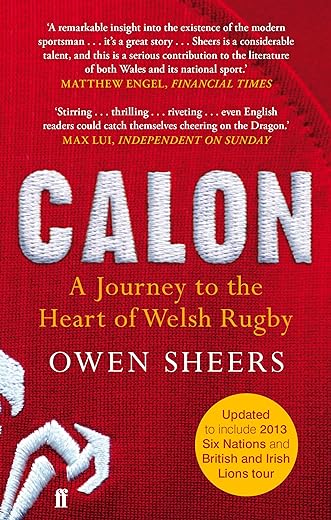
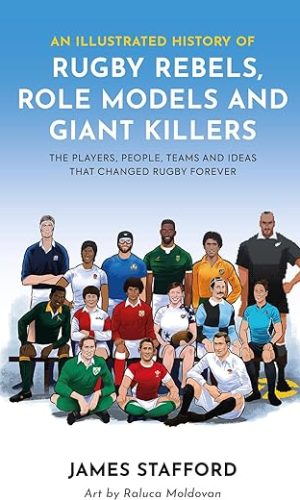
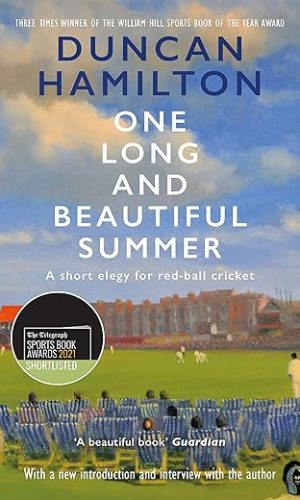
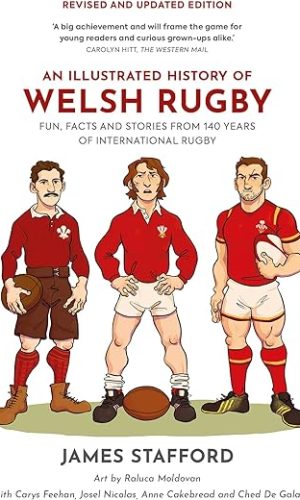
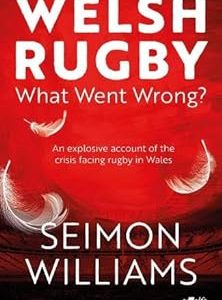
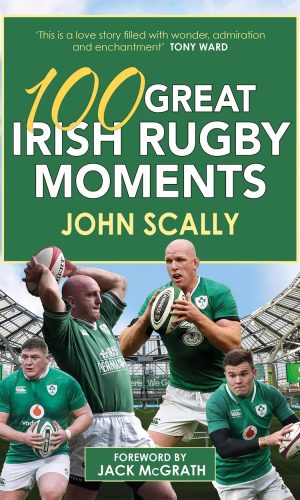
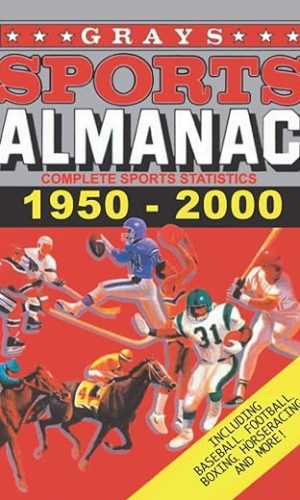
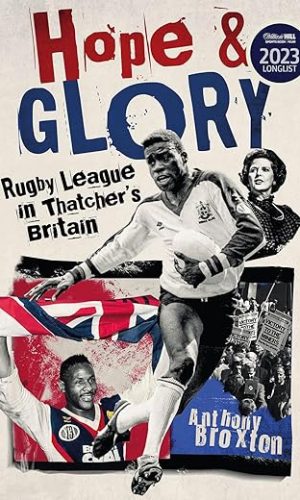
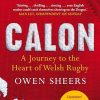
by Kleschev
I am not by any stretch of the imagination a rugby fan but I am a tremendous fan of Owen Sheers’ writing I so much enjoyed his novel Resistance and his poetry, his marvellous Port Talbot Passion and the recent award winning play The Two Worlds of Charlie F Knowing that he was to be Artist in Residence at the WRU I decided to order CALON the book he wrote during the year he spent with them It is a revelation as it’s not just for those interested in rugby It explains exactly why the sport is at the heart of Welsh culture, exactly what it means to those who play and support it and the tremendous sacrifices made by all those associated with the game It beautifully evokes the great tension and excitement of the sport, its essential theatricality and its deep passionate rootedness at the heart of the Welsh nation Beautifully and expertly written I could not put it down!
by Sk
From the soul. Owen writes as a true welsh man. Even mentions a couple of English in the win in Australia.
by J. Purchase
I really enjoyed reading this book. It offered a great insight into the Welsh teams preparations and rituals before their matches and followed them in intimate detail as they built momentum through the World Cup 2011 and into the Grand Slam 2012. It also focused on individual players and gave a glimpse of their back story and the sacrifices they made to get where they are.
The main focus of this book is around the 2012 Six Nations and how the campaign gathered pace off the back of the World Cup and into the first match in Dublin. The book takes you through a behind the scenes journey up to the culminating France match and spends time with everybody who made it possible including the groundsmen and the physio staff.
As an avid Welsh rugby fan, I found this book really interesting and having been at the France match, I found it particularly sentimental, especially the way the players journey to the ground on that day is described in such detail, it really bought back the emotions of the day.
The last segment of the book talks about the summer tour to Australia and rounds off a rollercoaster year for the players quite nicely. It is a nice account of a year in the life of the Wales Rugby team and I enjoyed reading it.
I would recommend this book to any fan of Wales and anyone who wants an insiders view of how the team function as players and as regular people.
by Phillip Terence Morgan
Times whilst reading I felt I was in the stadium myself.I am sure we have all come across Thumper’s thrush many times in our lives, never heard them so eloquently described. Now in my late seventies, still enjoy the game I first played at age 7. For 35 years I was aircrew and over periods in that time was fortunate to see Wales and the Lions play in the Southern Hemisphere and can relate to the sorrow and not experienced by Wales on that tour to Australia.
by Dr R
I began reading this book the day after Wales beat England 30-3 to win the 2013 Six Nations’ Championship. The concept of the author being writer-in-residence for the Welsh Rugby Union in 2012 is, in retrospect, an obvious one. Owen Sheers is Welsh, a scrum-half and both a novelist and a poet. Who else would incorporate lines by Evan James, R. S Thomas, John Keats, Seamus Heaney, Sheenagh Pugh, T. S. Eliot, Ted Hughes, Max Boyce, W. B. Yeats, Wilfred Owen and Owen Sheers, or cpmpare the Welsh squad arrival at Twickenham, “with [their] air of dark intent, moving in single file, eyes forward, their massed bulk, witnessed in succession”, with the “weighted with unremitting opposition” of the opening bars of Mahler’s Fifth Symphony?
Calon, meaning “heart”in Welsh, is a beautifully structured book which considers the 1912 Six Nations’ Championship in the aftermath of a young Welsh team’s defeat by France in the semi-final of the 2011 Rugby World Cup. It was not only the team’s performances that attracted plaudits but also the way they behaved off the field – as proud ambassadors of their rugby-mad country.
Those who know the Millenium Stadium (the author quotes Sheenagh Pugh’s poem, ‘Toast’ to describe this, “a mother-ship that seems to have landed/awkwardly in our midst”) as spectators are taken inside to meet members of a large multi-faceted team who lie behind the 15 players on the field. To add spice to the story, Wales have already beaten Ireland, Scotland, England (at Twickenham, 19-12, not quite the following year’s 30-3 thrashing) and Italy, and so only France stands between the Welsh and a Grand Slam. Calon is the story of the day of that match.
The minutes tick by as the day develops and we meet individual players and background staff, coaches, groundsmen, the meticulous kit man, security guards and board members. We learn how the present professional game is heavily dependent of science and psychology – thus the Welsh players have their sleeping patterns recorded, consume exactly-balanced nutritional meals and take dietary supplements, visit Poland for body-numbing cryotherapy and practice scrummaging to a recording of the appointed referee’s speech rhythms. Motivational statements abound, such as “Yesterday is in the past”, “Respect the jersey”, “How do you want to be remembered” and “Be prepared to suffer”, which might also refer to the longsuffering Welsh supporters in the fallow 1980s and 1990s.
Significantly, the difference in stature between forwards and backs has declined during the professional era and Sheers makes some interesting comparisons between the famous teams of the 1970s and that of 2012. Sheers includes an obituary of Mervyn Davies, Merv the Swerve, who died the day before the France match. Davies, the dominant Welsh forward from that earlier time, stood 6ft 3 inches and so would hardly be tall enough for a (Welsh) three-quarter line of today. A further difference is that both backs and forwards are now required to run for the whole match, to pass and to tackle, unlike the 1970s when Barry John, now approaching 70, reportedly told his captain that “tacking isn’t in my contract”.
In the event, Wales beat France 16-9, winning their third Grand Slam in 7 years. All very far removed from the depths of 2006-7 when one national coach resigned and his successor was sacked
The final chapter spotlights Wales’ disappointing tour of Australia when they lost all three Test Matches, the last two of which were heartbreakingly close. However, these defeats make the book a convincing whole since the way that a team handles defeat is a measure of their ability.
Any future/updated edition will have to include the remainder of 2012 when, much to the delight of many English supporters, Wales played and lost 8 consecutive games, 5 of these on home ground, including the opening 2013 Six Nations’ Championship against Ireland.
Has Sheers’ book described another false dawn? Time will tell, but in a manner perhaps even more impressive than in the previous season, the team then went 357 minutes whilst denying any of their opponents a try. The final match was with England who, having won all of their matches, were on course to become 2013 Triple Crown and Grand Slam winners. In case you missed it, Wales won the match 30-3. The triumph was one for the team, the squad and, not least, all the dedicated coaching staff, led by Rob Howley in the absence of Warren Gatlin who had been appointed coach for the 2013 British Lions Tour to Australia, all of whom who came under huge public and media pressure when defeat followed defeat.
So what will the future hold for the British Lions Tour and the 2015 Rugby World Cup, to be held in England, which has England and Wales drawn in the same group?
Sheers has much to say about the primacy of rugby, a public school game, in Wales following its introduction at Lampeter in 1850 by the Reverend Rowland Williams, and the enthusiasm shown for the game by working class men of factories, mines and ports, “the ball passing through hands that spent the rest of their time cutting and hauling coal, rolling steel or loading ships”.
The author has stated that “My aspiration for whatever I would write was to get under the skin of rugby in Wales, to use lyricism to excavate what it means for individuals and for the country. I knew the best way to do this was to see it all as strange again, to view the game and its emotional and psychological effect with fresh eyes”. He has achieved his aim magnificently. If any one section stands out it would be either the description of the team’s coach journey from their training camp to the stadium or the actual account of the match with France, where Sheers employs his poet’s skills to vary the length of his text to convey the events on the field.
It is true that any book by a rugby-playing Welshman about rugby in Wales would show a tinge of bias but Sheers’ language and empathy, and poetic turn of phrase ensure that all aspects of the national game are lit up. Hopefully, Welsh success will continue with Calon winning the 2013 British Sports Book Award.
If I have been somewhat harsh about English rugby (remember that 30-3 thrashing in March?), it should be pointed out that it did occur on grass from Scunthorpe!
by Rumbling Clint
In the last nine years Wales have won the Championship four times (so let’s rub that in shall we?) while the rest have won it five times between them. This nice little book captures the spirit of the third great Welsh rugby era beautifully, Most of the time the author uses his writing skills (which are many) to avoid journalese, cliche and the lowest type of sports writing, but only by the skin of his teeth sometimes.
by J R Ellis
Great to read a sport’s book which has been written so well. It’s obvious after the first few lines that Owen Sheers’ mastery of the English language was going to set this book apart from the usual autobiographies which do little more than give a catalogue of dates and events. I’m not a great lover of the Welsh Rugby Union, but on this occasion they must be applauded for having the foresight to commission Owen Sheers for this book and doing so at the start of a Grand Slam winning season!